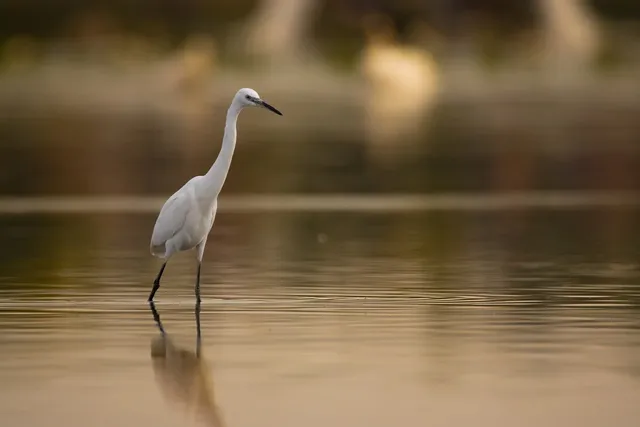The Muhuri are an indigenous group primarily located
The Muhuri are an indigenous group primarily located in the northeastern part of India, particularly in the state of Tripura, and also in some parts of neighboring Bangladesh. Their history is rich with cultural traditions, struggles for identity, and a deep connection to the land they inhabit.

Origins and Early History
The exact origins of the Muhuri people are somewhat obscure, but they are believed to have been part of the larger ethnic migration patterns in the region, which involved various Indo-Aryan and Tibeto-Burman groups. The Muhuri likely settled in the fertile plains and forested areas of Tripura and parts of present-day Bangladesh centuries ago, blending into the complex tapestry of communities in the region.
Historically, the Muhuri people were predominantly agrarian, living in close-knit village communities. Their society was organized around clan structures, with a strong emphasis on communal decision-making and mutual support. They practiced shifting cultivation, which was well-suited to the hilly terrain of Tripura and parts of the Chittagong Hill Tracts in Bangladesh.
Cultural Identity

The Muhuri have a distinct cultural identity, marked by their own language, traditions, and customs. Their language, also called Muhuri, is part of the Indo-Aryan language family. Over time, due to geographical proximity and social interaction, the Muhuri language has borrowed elements from Bengali, which is the dominant language in both Tripura and Bangladesh. Despite these influences, the Muhuri have maintained their linguistic and cultural uniqueness.
Traditional Muhuri society is known for its vibrant folk traditions, including music, dance, and storytelling. Their festivals, which are often linked to the agricultural cycle, are occasions of great communal joy and cultural expression. One of the central aspects of their culture is the "Jhum" cultivation, a traditional form of shifting agriculture that involves clearing a patch of forest, cultivating it for a few years, and then allowing it to regenerate.
Colonial and Post-Colonial Struggles
The history of the Muhuri people has been significantly shaped by the broader political changes in the region. During the colonial period, Tripura was a princely state, and the Muhuri, like other indigenous groups, were often marginalized. The British colonial administration’s policies disrupted traditional landholding patterns and agricultural practices, which affected the Muhuri’s way of life.
The partition of India in 1947 brought further challenges. The creation of East Pakistan (now Bangladesh) led to the displacement of many Muhuri families, as their ancestral lands were split by the new international boundary. Those who found themselves in East Pakistan faced significant cultural and political pressures, leading to migration into Indian territory, particularly Tripura.
In the post-colonial period, the Muhuri have had to navigate the complexities of modern nation-states. In Tripura, they have been a part of the broader struggle of indigenous communities to assert their rights and protect their land from encroachment by settlers from other parts of India. The Tripura Tribal Areas Autonomous District Council, established in 1982, has played a role in providing some level of self-governance and protection for the indigenous groups, including the Muhuri.
Contemporary Issues and Identity
Today, the Muhuri community is at a crossroads. While they have integrated into the broader socio-economic fabric of India and Bangladesh, they continue to face challenges related to identity, land rights, and cultural preservation. The pressure of modernization, coupled with the influence of dominant cultures, poses a threat to their traditional way of life.
However, there are also efforts within the community to revive and preserve their cultural heritage. Initiatives to document and teach the Muhuri language, celebrate traditional festivals, and pass down folk traditions to the younger generation are part of a broader movement to ensure that the Muhuri identity remains vibrant.
The history of the Muhuri people is a testament to their resilience and adaptability. Despite the numerous challenges they have faced over the centuries, they have managed to maintain a distinct cultural identity, deeply rooted in their connection to the land and their communal way of life. As they move forward, the Muhuri continue to balance the demands of the modern world with the preservation of their rich cultural heritage.
| Community | My Blog |
|---|---|
| Category | Writing |
| Device | Samsung |
| Caption | @zidan07 |
| Location | Bangladesh |
Thank you, friend!


I'm @steem.history, who is steem witness.
Thank you for witnessvoting for me.
please click it!
(Go to https://steemit.com/~witnesses and type fbslo at the bottom of the page)
The weight is reduced because of the lack of Voting Power. If you vote for me as a witness, you can get my little vote.